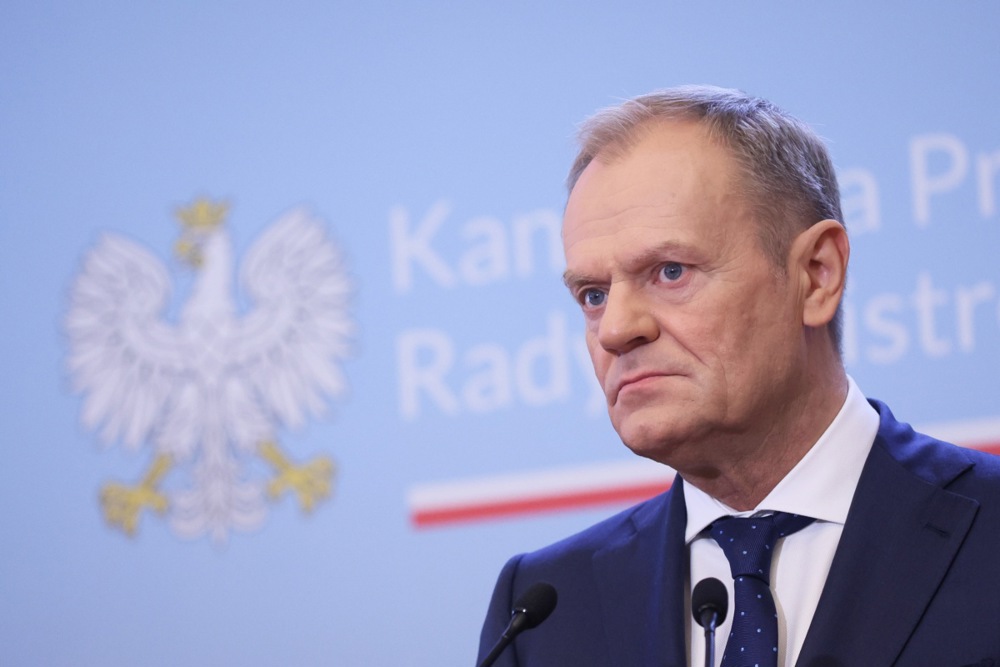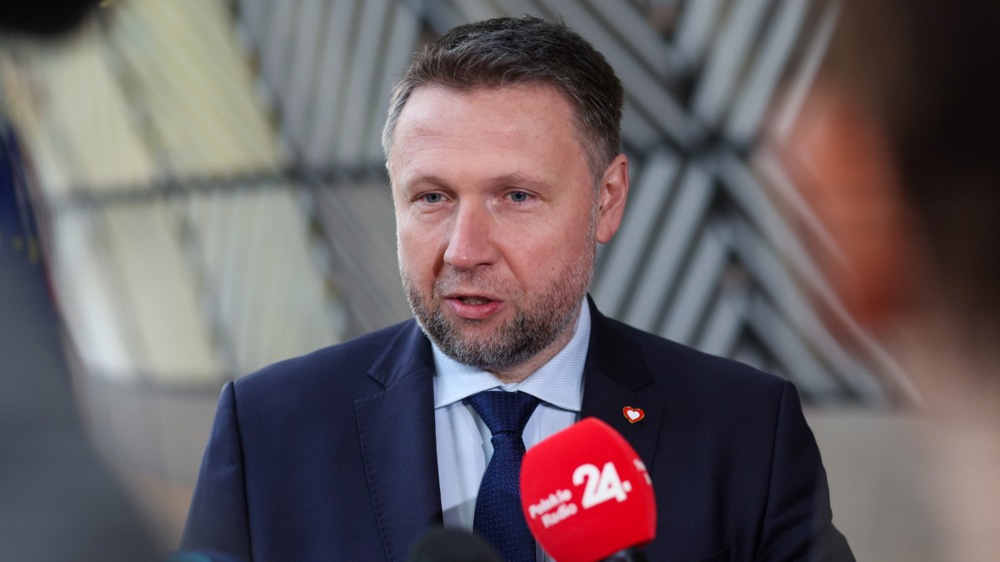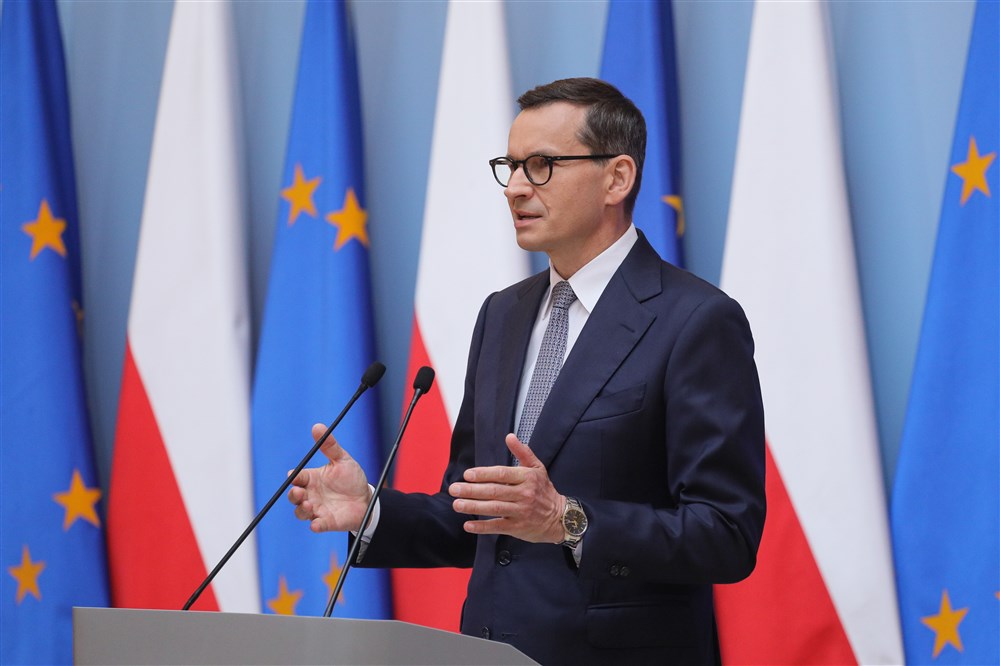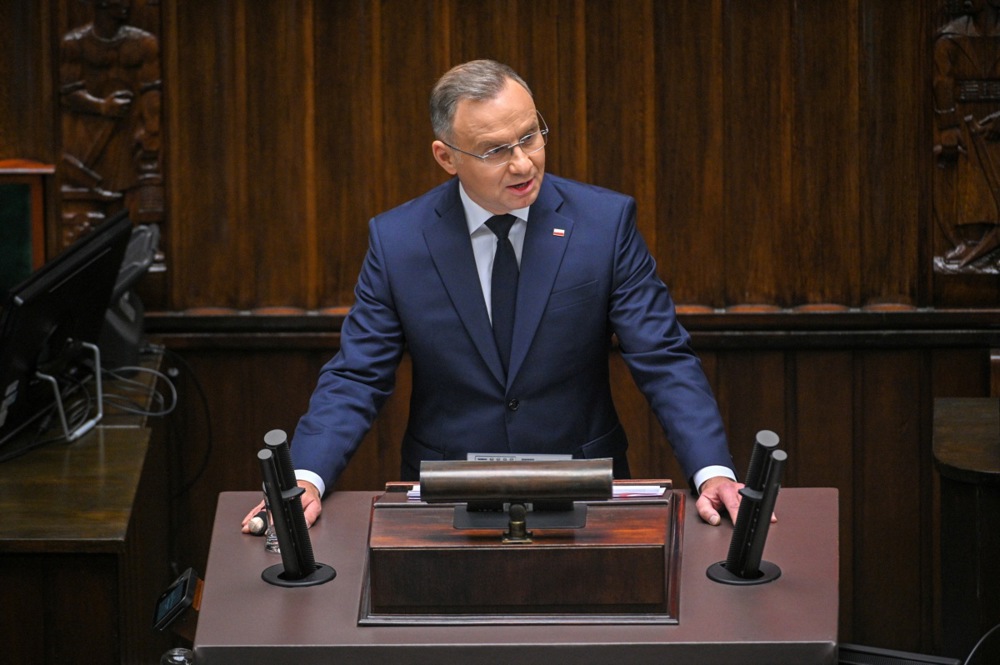The European Commission has said that Poland will not be free of the obligations of the European Union Migration Pact.
In addition, despite having accepted thousands of refugees from Ukraine, it will have to accept the resettlement of those allocated to it or pay a fine for every migrant rejected.
The EU held an informal summit of interior ministers in Warsaw on January 30 at which the pact was discussed.
Poland’s opposition Conservatives (PiS) claimed that under pressure from Germany the country had agreed to speed up the implementation of the bloc’s new migration policy.
Former deputy foreign Minister Paweł Jabłoński accused Polish Prime Minister Donald Tusk’s government of deceiving the public. “They lied, claiming Poland would be spared from forced migrant relocation,” he told TV Republika at the time.
Tusk interior minister Tomasz Siemoniak, speaking to reporters on February 1, denied that, stating: “No decisions can be made at an informal summit within the EU.”
Despite that, earlier in January the European Commission had confirmed in writing that the Migration Pact was moving forward and Poland could not be exempt from it.
Marcin Sypniewski, MEP with Poland’s right wing Confederation party, in November last year had submitted a question to the commission relating to the issue.
In that, he asked whether Poland, as a result of it receiving hundreds of thousands of Ukrainian refugees, would be exempt from the provisions of the pact’s solidarity mechanism. Under that, countries have to either receive reallocated migrants or have to pay penalties for refusing to do so.
European Commissioner for Internal Affairs and Migration Magnus Brunner on January 17 answered the query, stating there was no possibility of such an exemption for Poland being granted.
“Poland is bound by all the legislative instruments forming part of the Pact on Migration and Asylum” wrote Brunner.
He added: “Under EU law, there are no legal possibilities to exempt Poland from the implementation of any elements of the Pact.”
“The Asylum and Migration Management Regulation foresees mandatory solidarity and each Member State has full discretion to choose between the various forms of solidarity, namely relocation, financial contributions and alternative measures,” he said.
Former Polish Conservative (PiS) PM Mateusz Morawiecki claimed on X on February 1: “Tusk has been outplayed by Brussels and Poles have been cheated by him.”
Also on X, Confederation MEP Ewa Zajączkowska accused Tusk of failing to have Poland exempted because his government “has failed to submit any information to the EC” about the country seeking such an exemption.
In Brunner’s reply to Sypniewski, he wrote: “Poland has not yet presented any information to the Commission in the framework of the first cycle.”
According to PiS MP Sebastian Kaleta on X, the problem lay in the fact that according to the Migration Pact the allocations for receipt of relocated migrants were “based on the figures from the previous year and Poland’s receipt of hundreds of thousands of refugees came in 2022 and not in 2023 or 2024″.
“Hence Poland will have no grounds for exemption when the EC considers the situation.”
This claim was apparently verified by Brunner in his response to Sypniewski where he stated: “The assessment of which member state will be under migratory pressure, at risk of migratory pressure or facing a significant migratory situation for the first annual migration management cycle, starting in mid-2026, will be made by the Commission in October 2025”.





